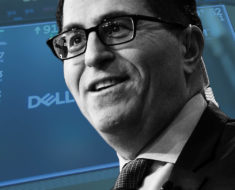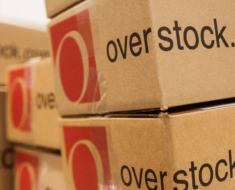There are many exciting elements about being alive in the 21st century, as medical and technological advances continue to rapidly change the way we live our lives. These changes can be small-scale-advances in personal computing devices, the proliferation of ‘instantaneous communication’-while others can be of great magnitudes-such as the ability to travel at speeds never previously\ achieved or sending everyday people into space with regularity.
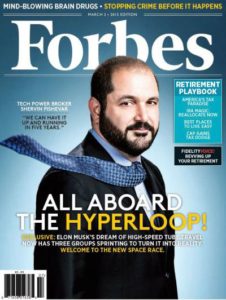 One man at the cutting edge of these advancements is Shervin Pishevar. An Iranian-American entrepreneur and venture capitalist, Pishevar is the co-founder of Hyperloop One, an American company that has set its sights on the goal of commercializing the Hyperloop, so passengers and cargo can be moved at airline speeds for a fraction of the normal cost of traveling via plane. The Hyperloop transportation concept was first introduced by Elon Musk in August 2013 and is based on advanced emerging technology that could change the way we travel forever.
One man at the cutting edge of these advancements is Shervin Pishevar. An Iranian-American entrepreneur and venture capitalist, Pishevar is the co-founder of Hyperloop One, an American company that has set its sights on the goal of commercializing the Hyperloop, so passengers and cargo can be moved at airline speeds for a fraction of the normal cost of traveling via plane. The Hyperloop transportation concept was first introduced by Elon Musk in August 2013 and is based on advanced emerging technology that could change the way we travel forever.
The Hyperloop, in layman’s terms, is an electromagnetically levitated pod that travels through a low-pressure tube. It can glide along at speeds that hit up to 670mph without a trace of turbulence (more good news for those who struggle with air travel to begin with). The Hyperloop offers many incredibly exciting advancements to the worldwide travel and the transportation industry and could change the face of high-speed travel as we know it.
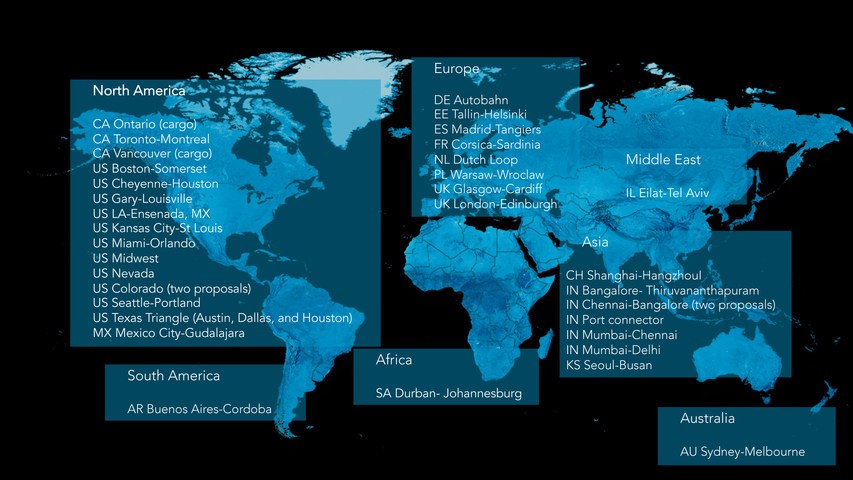 Hyperloop One is currently in development on passenger and cargo system routes throughout the US, Canada, Finland, Sweden, the Netherlands, and the United Arab Emirates. There are also some early discussions underway with the Indian government about the potential for the Hyperloop travel system to revolutionize transport in India. The founding company has stated their goals: to deliver a fully operational and successful Hyperloop system by a 2021 deadline. With less than three years to go, there’s a big chance that our understanding of travel could never be the same again after the creation of the Hyperloop.
Hyperloop One is currently in development on passenger and cargo system routes throughout the US, Canada, Finland, Sweden, the Netherlands, and the United Arab Emirates. There are also some early discussions underway with the Indian government about the potential for the Hyperloop travel system to revolutionize transport in India. The founding company has stated their goals: to deliver a fully operational and successful Hyperloop system by a 2021 deadline. With less than three years to go, there’s a big chance that our understanding of travel could never be the same again after the creation of the Hyperloop.
Pishevar’s groundbreaking work in this area reflects his ongoing investment into companies that are radical industry disruptors. His background across decades of seed investing in a wide variety of businesses and technologies has positioned him to be ready when the idea for the Hyperloop was first introduced to him in its raw form.
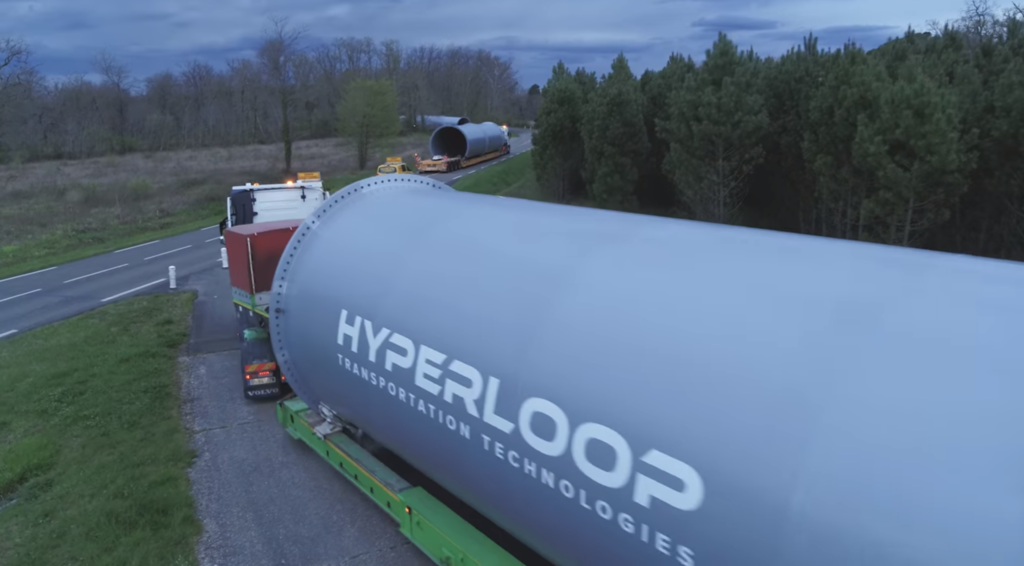 The foundation for Hyperloop One first came about when Pishevar had a conversation with Elon Musk in January 2012. As Musk was too busy at the time with his work in the areas of SpaceX and Tesla, Pishevar encouraged Musk to turn his Hyperloop ideas into a digestible and published form so they could be explored further. This led to the release of the August 2013 Hyperloop Alpha white paper by Musk, and it was only a matter of months before Pishevar created Hyperloop Technologies. Industry attention was fast and widespread, as Hyperloop Tech raised millions in venture capital throughout January 2015 and Forbes Magazine put the company on its February 2015 cover, which led to further investor interest.
The foundation for Hyperloop One first came about when Pishevar had a conversation with Elon Musk in January 2012. As Musk was too busy at the time with his work in the areas of SpaceX and Tesla, Pishevar encouraged Musk to turn his Hyperloop ideas into a digestible and published form so they could be explored further. This led to the release of the August 2013 Hyperloop Alpha white paper by Musk, and it was only a matter of months before Pishevar created Hyperloop Technologies. Industry attention was fast and widespread, as Hyperloop Tech raised millions in venture capital throughout January 2015 and Forbes Magazine put the company on its February 2015 cover, which led to further investor interest.
Throughout, Pishevar has been instrumental not only in the raising of investment funds but also in the additions of crucial leaders, innovators, and technological inventors. Shervin helped in building a team from the ground up that’s seen Hyperloop One move from a garage as its first office, through to raising hundreds of millions in investment as it works with governments around the globe to better life opportunities through transport and accessibility for people worldwide.
Exciting developments have continued to come from the Hyperloop One group, including a June 2016 MOU with the Summa Group and the Russian Government to construct a Hyperloop in Moscow, and a May 2017 test of a full-scale Hyperloop. In August 2017, the company was able to first successfully test its XP-1 passenger pod, which reached speeds of up to 192 mph.
 In October 2017, Hyperloop One and the Virgin Group formed a strategic partnership, creating Virgin Hyperloop One. This development brought billionaire founder Richard Branson onto the board of directors as the Virgin Group invested in Hyperloop One. The global partnership allows for continued focus on passenger and mixed-use cargo service and also sees the creation of a new passenger division.
In October 2017, Hyperloop One and the Virgin Group formed a strategic partnership, creating Virgin Hyperloop One. This development brought billionaire founder Richard Branson onto the board of directors as the Virgin Group invested in Hyperloop One. The global partnership allows for continued focus on passenger and mixed-use cargo service and also sees the creation of a new passenger division.
Recent coverage of the Hyperloop used the example of a trip from Washington, D.C. to New York as an example of this transport revolution. The 225-mile trip currently takes about a 3.5-hour trip by train, but with the Hyperloop it could take merely 29 minutes. Pishevar reflects, “it’s going to change the way we live, the way we work, and make the world a smaller place, turning cities into metro stops.” By significantly reducing commute times, the way people live will change in many aspects.
It’s incredible to think that the future of widespread passenger and cargo travel could stand to be revolutionized entirely, and that the world has one shared trip between Shervin Pishevar and Elon Musk to thank for it. When you look at Pishevar’s background, it’s obvious the seeds for groundbreaking growth have continued to shape his career and investment choices. Pishevar has created over 60 companies during his work as an angel investor, including companies such as Aardvark, CabanaApp, Dollar Shave Club, Cherry, Gowalla, Milo, Rixty, Tello, Quiki and many more. He’s also been honored with awards including the Ellis Island Medal of Honor in 2016, as well as been appointed by President Obama in 2016 to the J. William Fulbright Foreign Scholarship Board. 2012 saw the United States government choose him as an ‘Outstanding American by Choice’. He’s also one of 10 members of the United Nations Foundation’s Global Entrepreneurs Council. Pishevar has played a crucial role in the development of new technologies that impact both the United States and countries abroad, and was one of 15 technology leaders who worked with President Obama in 2013 to examine and address issues that included HealthCare.gov, unauthorized intelligence disclosures, and the US government’s information technology.
Keep an eye out for further news on the Hyperloop, as it may only be a few short years before this radical technology changes our world for the better yet again.

